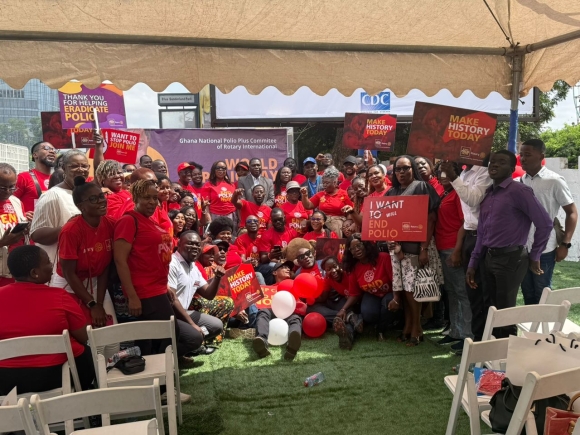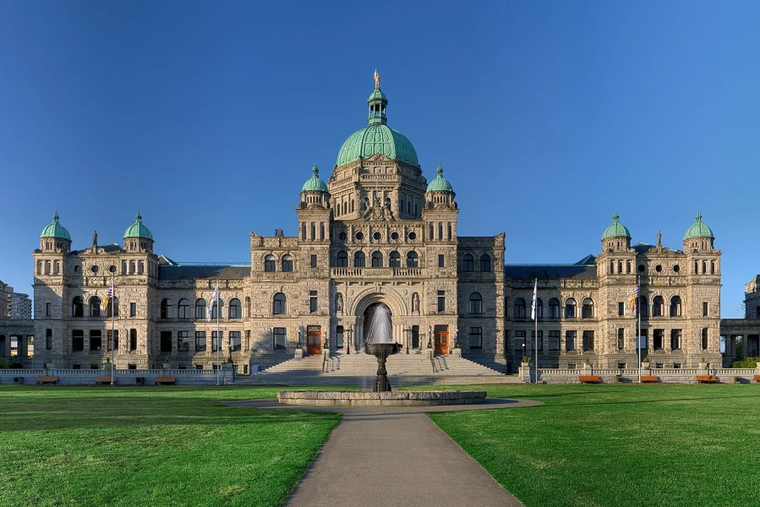Copyright expressandstar

Cabinet members have also spoken out against use of land on the county farms estate for renewable energy schemes such as solar panels and battery energy storage systems – although the use of buildings will be considered. The county farms sell-off has proved controversial over the years. In 2008 the council’s then-Labour administration considered selling off many of its farms – a move that was strongly opposed by the agricultural community and later dropped. Several farms have been sold in more recent years however, in 2019 the then Conservative administration revealed plans to sell off 16 farms from its rural estate to raise funds for services. The authority aimed to bring in around £20m from the sales, with proceeds earmarked for investments in health, care and infrastructure. Farms sold in the first round included sites in Rugeley, Gnosall, Eccleshall and Hilderstone. The county farms estate first began offering sites for rent in 1908, with a focus on stock rearing and dairy production. There are currently 63 equipped tenanted farms, along with additional rural properties and land, covering approximately 6,500 acres. Holdings are available to new entrants into the industry as well as those looking to progress their farming careers. Most farms are operated as dairy units, while others focus on rearing beef cattle and sheep, and a small portion are used for arable production. In a post on social media platform X, formerly known as Twitter, the council’s deputy leader Martin Murray said: “As soon as we took control of Staffordshire County Council, I found out that the Conservatives had sold off nearly half of our county farms, leaving just 63 remaining farms. Immediately we stopped all proposed future sales and we have now put a total ban on the sale of County Farms. “Why? Because we believe in food security, we believe in helping new farmers, young farmers get on the ladder to feed our nation.” A council performance report presented to Tuesday’s Corporate Overview and Scrutiny Committee meeting described suspending the policy of selling surplus county farms as one of the new administration’s “100 day delivery highlights”. It added: “In September the council made their position to government clear that we will not support renewable energy production and storage on productive farmland within our county farms estate, however, we will support opportunities on farm buildings. The council will explore opportunities to generate income from renewable energies on buildings/brownfield sites.” Councillor Jack Rose, who became the authority’s first Green Party member when he was elected in May, said at Tuesday’s meeting: “I would like to express my support for the policy of suspending the selling of county farms. I think that is a good decision, especially in a cost of living crisis that’s affecting our residents. “It’s important to protect the future of our agricultural productivity in our county. Not only does this benefit the local economy, by ensuring long-term job security, but also protects us from rising food prices in an increasingly uncertain global market. “You have mentioned you don’t want to sell county farms for use of solar panels, which I completely agree with. I don’t think agricultural land is the place for solar panel production. “But you said you would be potentially moving forward with using agricultural buildings as sites for EV charging, which I think is a good decision as well. Are these agricultural buildings that can be used for solar panels, is that one of the income schemes you are pursuing in the future?” Councillor Chris Large, cabinet member for finance and resources, responded: “The main aspect is food production. Every farm is different and we’re developing a strategy for that. “Where we encourage solar panels onto farm buildings, that will be to reduce the carbon footprint of that, and that’s a sensible thing to do. We would advocate that, but not the BESS (battery energy storage system) solar battery farms – we are opposed to that approach.”



